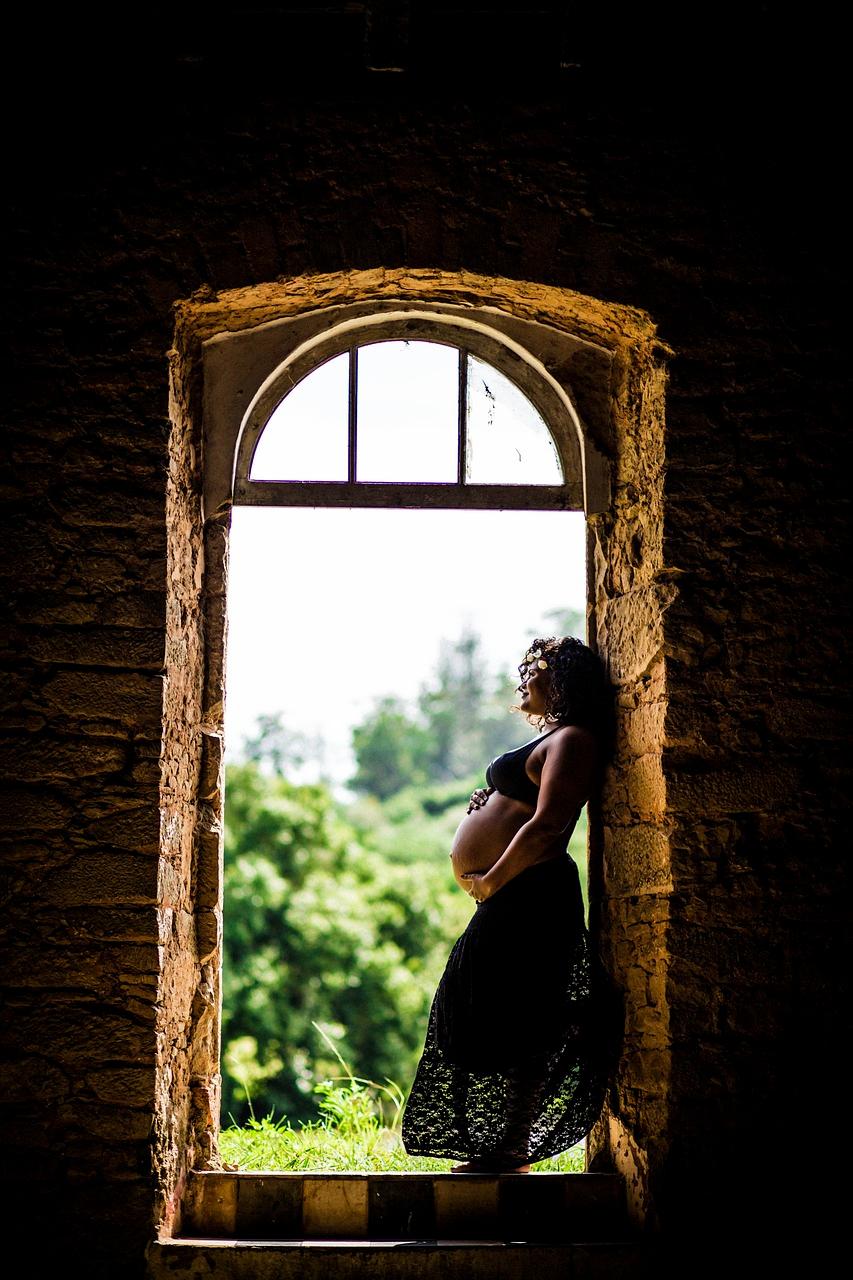Yeast infections are a common concern for many individuals, particularly women. The discomfort and irritation that come with this condition can be quite distressing. However, what happens when you suspect you have a yeast infection but test negative? This scenario can be puzzling and worrisome, but there are reasons behind it.
Microscopic Examination Versus Culture Tests
When it comes to diagnosing a yeast infection, two primary methods are often employed: microscopic examination and culture tests. Microscopic examination involves the immediate visual inspection of a sample under a microscope, whereas culture tests involve growing the sample in a laboratory to detect the presence of yeast.
False-Negative Results
It is crucial to understand that microscopic examinations can sometimes yield false-negative results. In fact, experts estimate that up to half of patients who test negative under a microscope are later found to have a yeast infection when more sensitive culture tests are conducted. This discrepancy highlights the limitations of microscopic examination in accurately diagnosing yeast infections.
Possible Explanations
There are several reasons why someone may test negative for a yeast infection despite experiencing symptoms. One explanation is that the yeast may not be readily visible under a microscope due to various factors such as the stage of the infection, sample collection technique, or the presence of other microorganisms in the sample.
Delayed Treatment
For individuals who test negative initially but continue to experience symptoms, delayed treatment can pose a significant concern. If a yeast infection is left untreated due to a false-negative result, it can worsen over time, leading to increased discomfort and potential complications.
Consulting a Healthcare Provider
If you suspect you have a yeast infection but test negative, it is essential to consult with a healthcare provider. They can consider your symptoms, medical history, and potentially recommend additional tests or treatments to ensure an accurate diagnosis and appropriate management of your condition.
Alternative Causes of Symptoms
It is also essential to remember that not all symptoms commonly associated with yeast infections are necessarily indicative of this particular condition. Other factors such as allergies, sexually transmitted infections, or skin irritants could also manifest similar symptoms, underscoring the importance of a thorough evaluation by a healthcare professional.
Importance of Follow-Up
For individuals who receive a negative test result but continue to experience symptoms, follow-up with a healthcare provider is crucial. Persistent symptoms warrant further investigation to rule out alternative causes and ensure that appropriate treatment is administered to address the underlying issue.
Self-Care Measures
While awaiting further evaluation or in conjunction with medical treatment, incorporating self-care measures can help alleviate discomfort associated with symptoms. These may include practicing good hygiene, wearing breathable clothing, avoiding irritants, and maintaining a healthy lifestyle.
Mental and Emotional Well-Being
Coping with the uncertainty of a negative test result despite experiencing symptoms can take a toll on one’s mental and emotional well-being. It is essential to prioritize self-care, seek support from loved ones, and communicate openly with healthcare providers to address concerns and access necessary care.
Conclusion
In conclusion, it is possible to have a yeast infection but test negative, primarily due to the limitations of microscopic examinations in detecting the presence of yeast accurately. If you find yourself in this situation, seeking guidance from a healthcare provider remains key in determining the underlying cause of your symptoms and receiving appropriate treatment.

